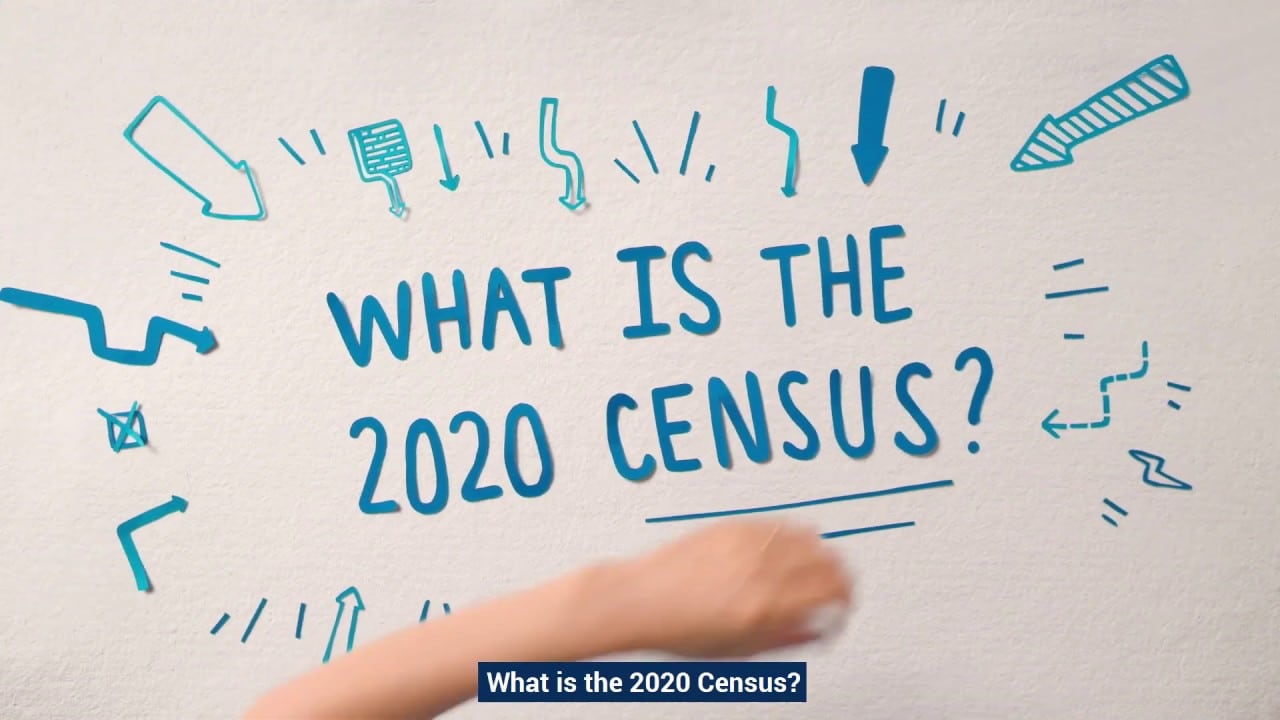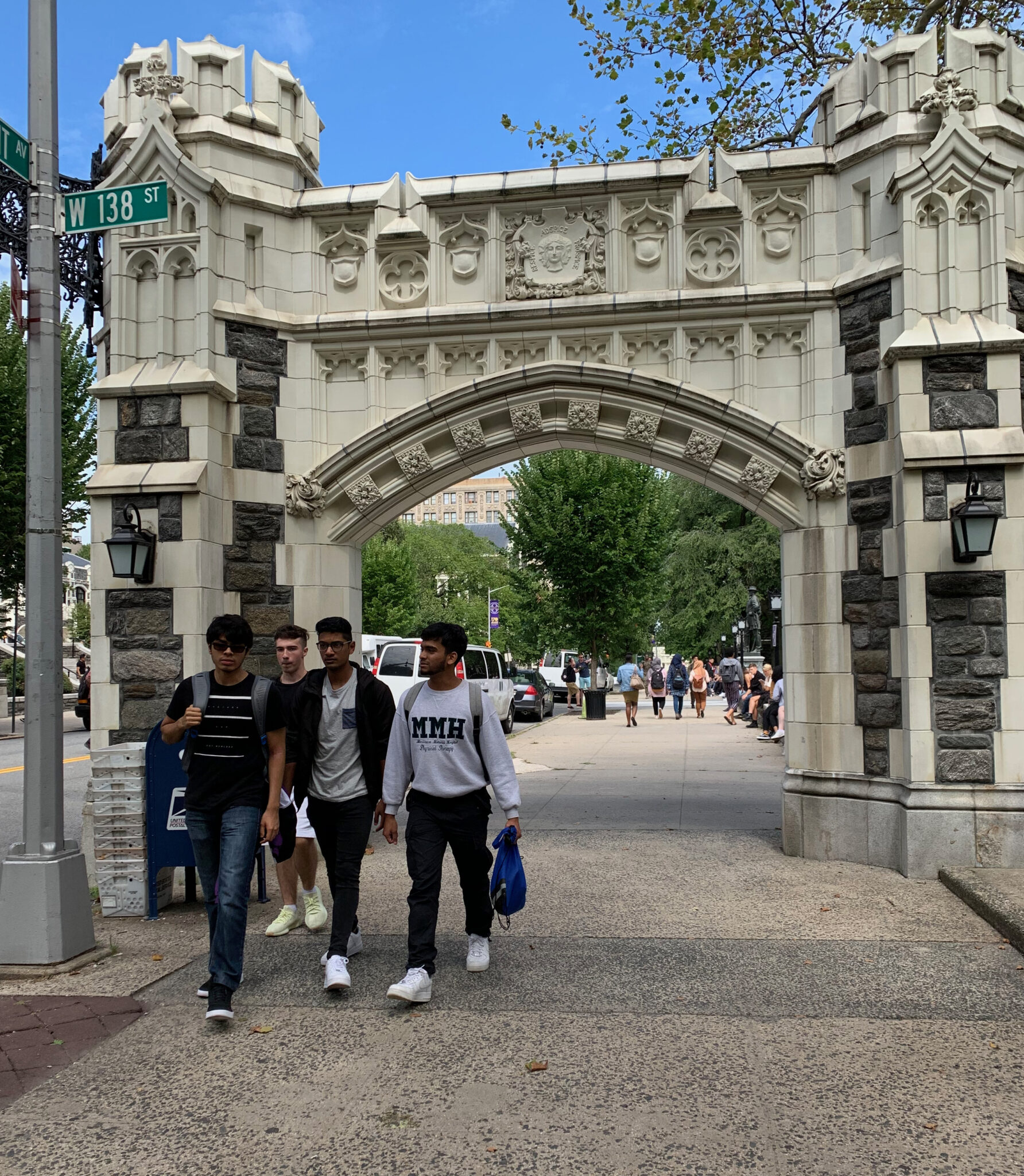The LGBTQ+ Center at CCNY in November 2024. Photo by David Lalchand.
Melody Mirza had just stepped out of the bathroom cubicle and was about to wash her hands when she saw the flash on someone’s phone go off. The girl standing next to her had taken a photo of her and then proceeded to call Mirza, who identifies as a trans woman, a transgender slur. “Something like that had never happened to me before,” says the 21-year-old Hunter student. “I froze; I didn’t know what to do.”
The growing number of anti-transgender legislation enacted in states across the nation has her even more shook up. “When I found out about the anti-trans laws, I felt very estranged from society as they will never understand the struggle and hardships we as trans people go through,” says Mirza. “Anti-trans laws are a complete violation of our human rights.”
Mirza is legally protected by New York City Human Rights Law (NYRHL), which bans discrimination based on gender identity and expression in housing, employment, and public accommodations. However, she is alarmed by the national proliferation of anti-LGBTQ+ or anti-trans bills in recent years.
According to Trans Legislation Tracker, an independent research organization that follows bills that impact gender-diverse and transgender Americans, 2024 is the fifth consecutive record-breaking year for anti-trans legislation in the U.S. A record 664 bills being considered and 45 already in effect. In 2023 alone, 53 bills were passed at the federal level across categories such as healthcare, student athletics, the military, incarceration, and education. That number has almost doubled in 2024, with 81 bills now passing through the legal system for consideration. A majority of the bills that have been passed target education and gender affirming healthcare.
Anti-trans legislation became a Republican talking point this past election season, and anti-trans ads ran on airwaves across the country earlier this fall. These Trump ads feature misinformation and statements from Democrats that have been taken out of context in an attempt to fuel anti-trans rhetoric and discourse amongst voters, according to NPR.
In one misleading, but not outright false, advertisement, the announcer claims that “Kamala supports taxpayer-funded sex changes for prisoners.” While Harris has expressed support for this policy, she has been simply following federal law. Incarcerated Americans have been guaranteed access to medically-necessary gender affirming care since Norsworthy V Beard in 2015. It was upheld even under the 2016 Trump administration. “We’re supposed to be moving forward as a country, not backwards,” says Mirza, in reference to the rollback of transgender rights in the USA.
Other college students also feel disheartened and frustrated at the current state of anti-trans legislation. “I don’t understand why the government does this,” says Jesse Candelario, a 20-year-old trans woman who attends St. John’s University. “How does a young person transitioning affect the people making these laws?”
While the current state of anti-trans legislation is dire, Jake Nill, the assistant director of the CCNY LBGTQ+ center, believes that all hope is not lost. “I think something that is affirming to hear especially in New York State is the passing of Proposition One which codifies LGBTQ rights within the NY state constitution and makes it prohibitive to be discriminatory on the basis of sexuality or gender identity,” he explains. “While I know this is not the case everywhere else, centers like the one here at CCNY offer protections for gender identity and sexual orientation as well as gender neutral restrooms.”
Not every CUNY school has an LGBTQ+ center or someone like Nill as a resource. Angel Chacon, a 20-year-old student at the John Jay College, says that the LGBTQ+ resource center at his school is adequate but it is still lacking. “I just feel like if I was trans, I would want to speak to someone that understands what I’m going through,” says Chacon.
As the laws continue to pile up, it’s important that all LGBTQ+ people, especially those who identify as trans, have support. A study conducted by the Trevor Project found that nearly one in three queer young people report that their mental health was poor most of the time or always due to anti-LGBTQ+ policies and legislation. “As much as it’s important to look at laws and policies we also need to make sure that we’re understanding one another and building community,” says Nill.
Candelario agrees: “The community is definitely there but we need more support.”
Tags: anti-trans anti-trans legislation Donald Trump Human Rights Law Hunter College Jake Nill Jesse Candelario Kamala Harris LGBTQ+ Student Center at The City College of New York Melody Mirza Mental Health Norsworthy V Beard Proposition One Trans women transgender
Series: Community






